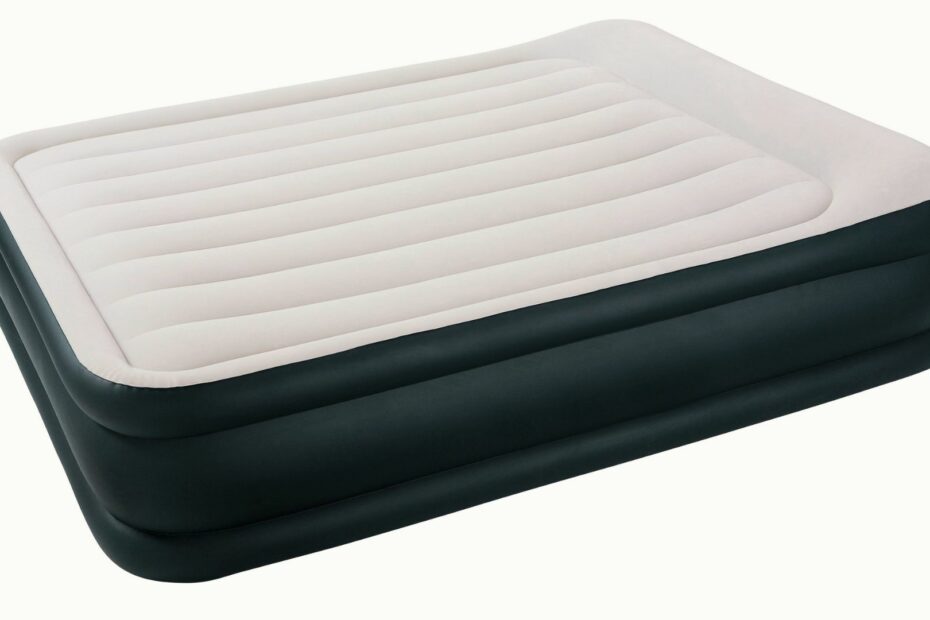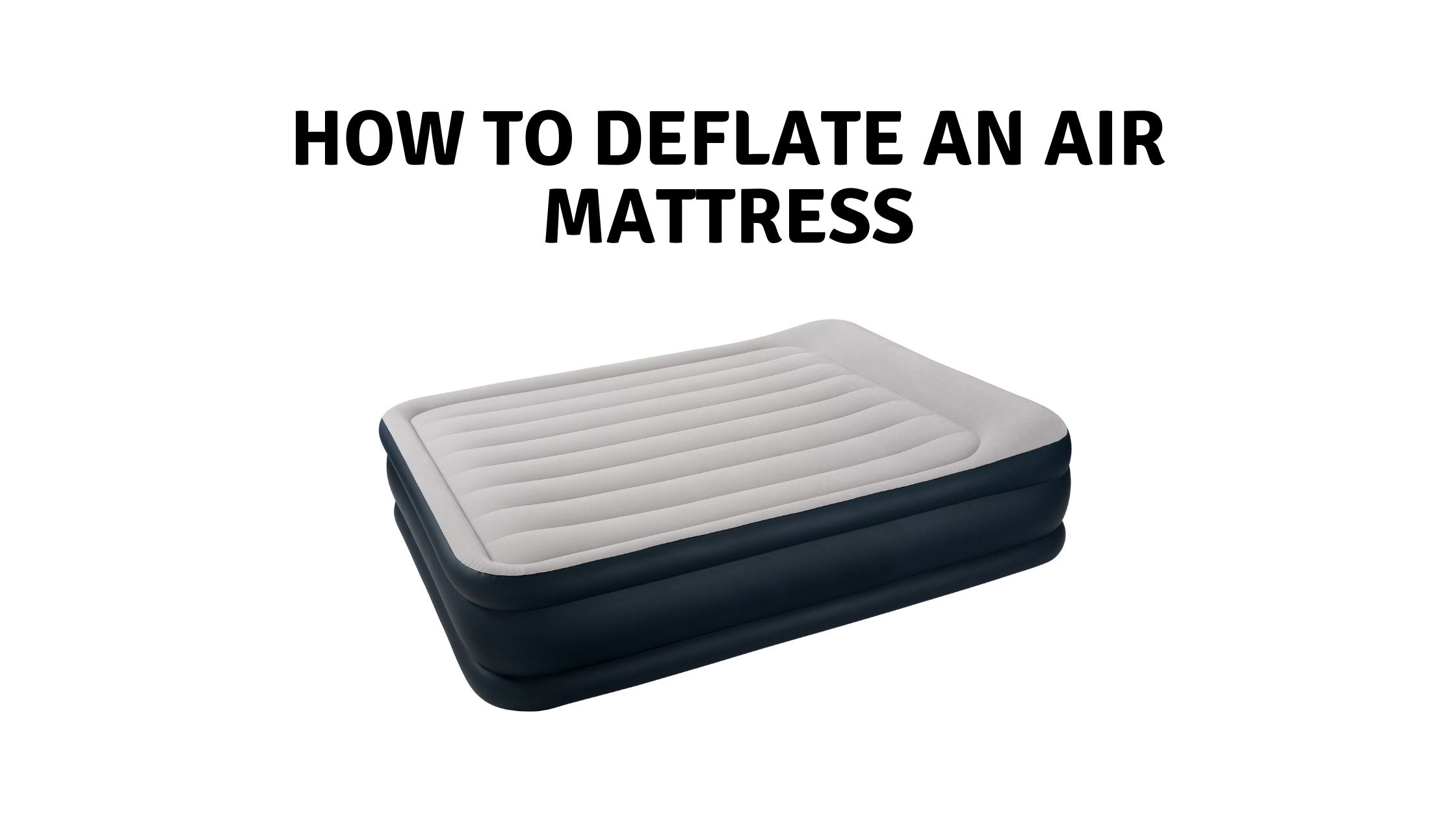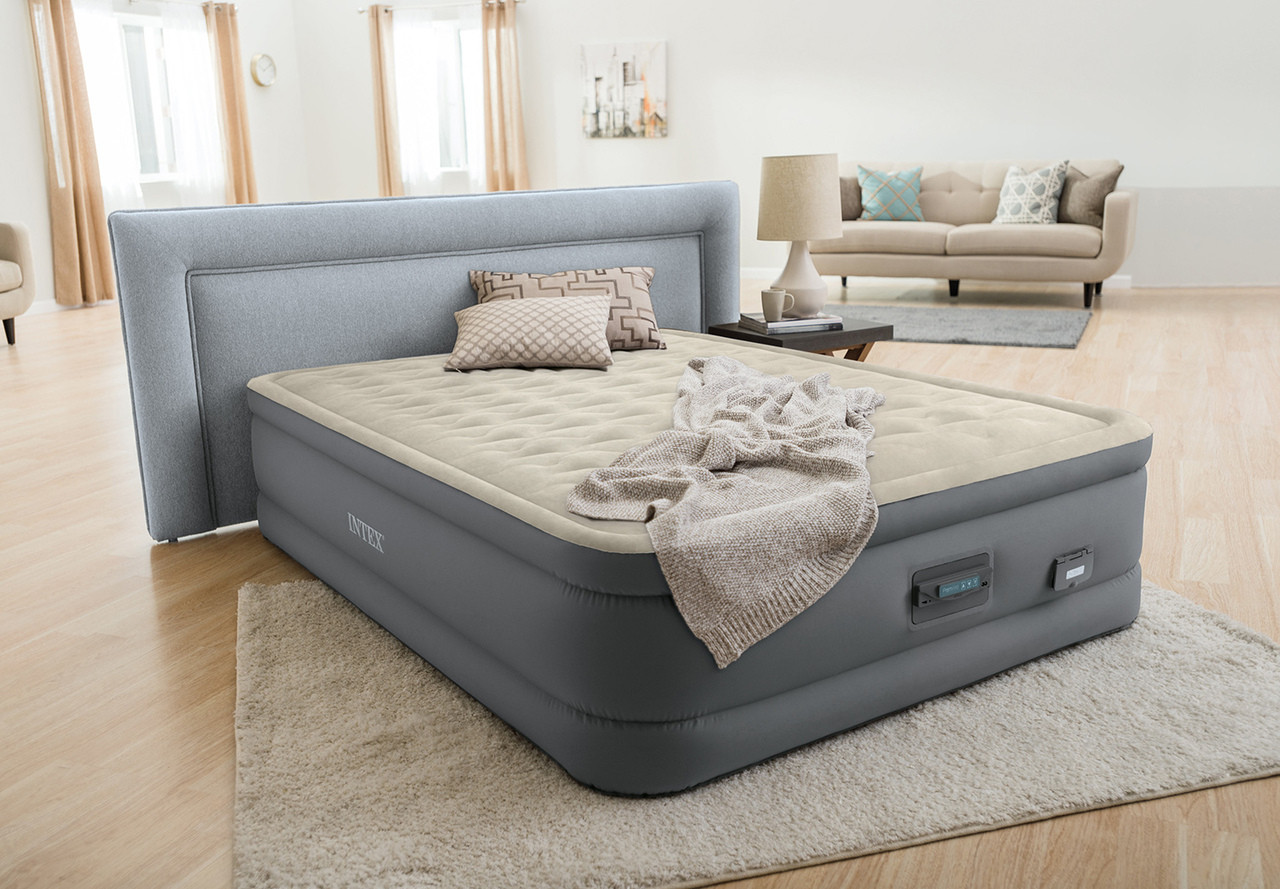Air mattresses, often a go-to solution for temporary sleeping arrangements, have evolved significantly over the years. With advancements in comfort and durability, it’s not uncommon to wonder if sleeping on an air mattress permanently is a viable option. This article examines the feasibility of using an air mattress as a long-term sleeping solution, weighing the pros and cons and considering the health implications involved.
Advantages of Permanent Use of Air Mattresses
1. Customizable Firmness: One of the standout features of air mattresses is the ability to adjust their firmness. This means you can tailor the mattress to your preferred comfort level, potentially improving sleep quality.
2. Cost-Effectiveness: Generally, air mattresses are more affordable than traditional mattresses. This cost efficiency makes them an attractive option for those on a budget.
3. Space Saving and Portability: Air mattresses can be deflated and stored away, making them an excellent choice for smaller living spaces. Their portability also means they can be easily transported or used in different locations.
Disadvantages of Long-Term Air Mattress Usage
1. Durability Concerns: While modern air mattresses are more durable than their predecessors, they are still prone to punctures and leaks. Over time, the material may stretch or degrade, which can affect comfort and necessitate frequent replacements.
2. Lack of Support: Air mattresses may not provide the same level of support as traditional mattresses. Prolonged use can lead to back pain or discomfort, particularly for individuals with pre-existing spinal conditions.
3. Temperature Sensitivity: Air mattresses are sensitive to temperature fluctuations. In colder environments, the air inside can contract, making the mattress feel firmer. Conversely, in warmer settings, it may expand and become softer.
Health Implications of Sleeping on an Air Mattress Regularly
1. Spinal Alignment and Support: Sleeping on an air mattress for extended periods can impact spinal alignment. It’s crucial to ensure the mattress is adequately inflated to maintain support for the back and neck.
2. Air Quality and Allergies: Air mattresses are made from PVC or other synthetic materials, which can release volatile organic compounds (VOCs). These emissions might be concerning for those with allergies or respiratory issues.
3. Pressure Points and Circulation: Unlike traditional mattresses, air mattresses may not evenly distribute body weight, potentially leading to pressure points and impaired circulation.
Conclusion and Recommendations
While the idea of using an air mattress permanently is intriguing, especially considering their affordability and adaptability, it’s essential to weigh the potential drawbacks. The lack of long-term support and durability issues are significant factors to consider. If opting for an air mattress as a long-term sleeping solution, selecting a high-quality, durable model is crucial. Additionally, regularly monitoring for leaks and ensuring proper inflation will help maintain comfort.
For those with specific health concerns or pre-existing conditions, consulting with a healthcare professional before making a switch to an air mattress is advisable. In the end, while an air mattress can be a practical short-term solution, for most individuals, traditional mattresses may be more suitable for long-term use due to their superior support and durability.
Frequently Asked Questions About Sleeping on an Air Mattress Permanently
Is it healthy to sleep on an air mattress every night?
Sleeping on an air mattress every night can have mixed effects on health. While the adjustable firmness can be beneficial for some, the lack of consistent support may lead to back pain or discomfort for others. It’s essential to ensure the mattress is properly inflated and consider your personal health needs, especially if you have any pre-existing spinal conditions.
How long does an average air mattress last with regular use?
The lifespan of an air mattress varies based on quality, material, and frequency of use. With regular nightly use, a good-quality air mattress can last anywhere from a few months to a couple of years. However, they are generally less durable than traditional mattresses and may require more frequent replacement.
Can sleeping on an air mattress lead to back problems?
Prolonged use of an air mattress may lead to back problems, especially if the mattress does not provide adequate support. It’s crucial to keep the mattress properly inflated and consider adding a mattress topper for extra support if necessary.
Are air mattresses good for side sleepers?
Air mattresses can be suitable for side sleepers, particularly because of their adjustable firmness. However, side sleepers need to pay extra attention to maintaining proper spinal alignment, which might require adjusting the mattress’s firmness level frequently.
How can I make my air mattress more comfortable for long-term use?
To enhance comfort, consider using a mattress topper, ensuring the mattress is fully inflated, and using high-quality bedding. Regularly check for any leaks and adjust the firmness as needed to suit your comfort preferences.
Are there any risks associated with the materials used in air mattresses?
Air mattresses are often made from PVC or other synthetic materials, which can emit volatile organic compounds (VOCs). While generally considered safe, these emissions can be a concern for individuals with allergies or respiratory issues. Opt for air mattresses labeled as low-VOC for a healthier sleeping environment.
How do temperature changes affect an air mattress?
Air mattresses are sensitive to temperature changes. In cold environments, the air inside can contract, making the mattress firmer, while in warmer conditions, it may expand and become softer. Adjusting the inflation level according to the ambient temperature can help maintain comfort.
Can I use a regular bed frame with an air mattress?
Yes, you can use a regular bed frame with an air mattress. Ensure the frame is the appropriate size and provides a stable, flat surface. Avoid sharp edges that could puncture the mattress.
How often should I replace my air mattress if used daily?
The replacement frequency depends on the mattress’s quality and how well it’s maintained. On average, with daily use, consider replacing your air mattress every one to two years, or sooner if you notice any signs of wear or discomfort.
Are air mattresses suitable for people with allergies?
Air mattresses can be suitable for people with allergies, as they are typically less likely to harbor dust mites and other allergens compared to traditional mattresses. However, be mindful of the potential VOC emissions from the materials used in air mattresses.



